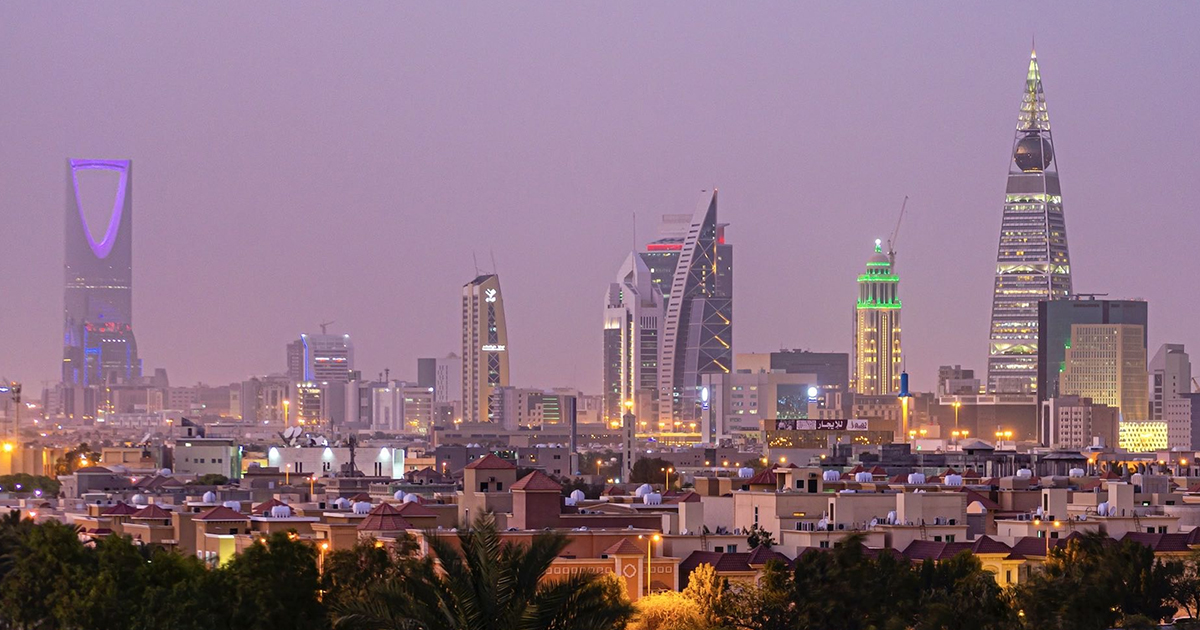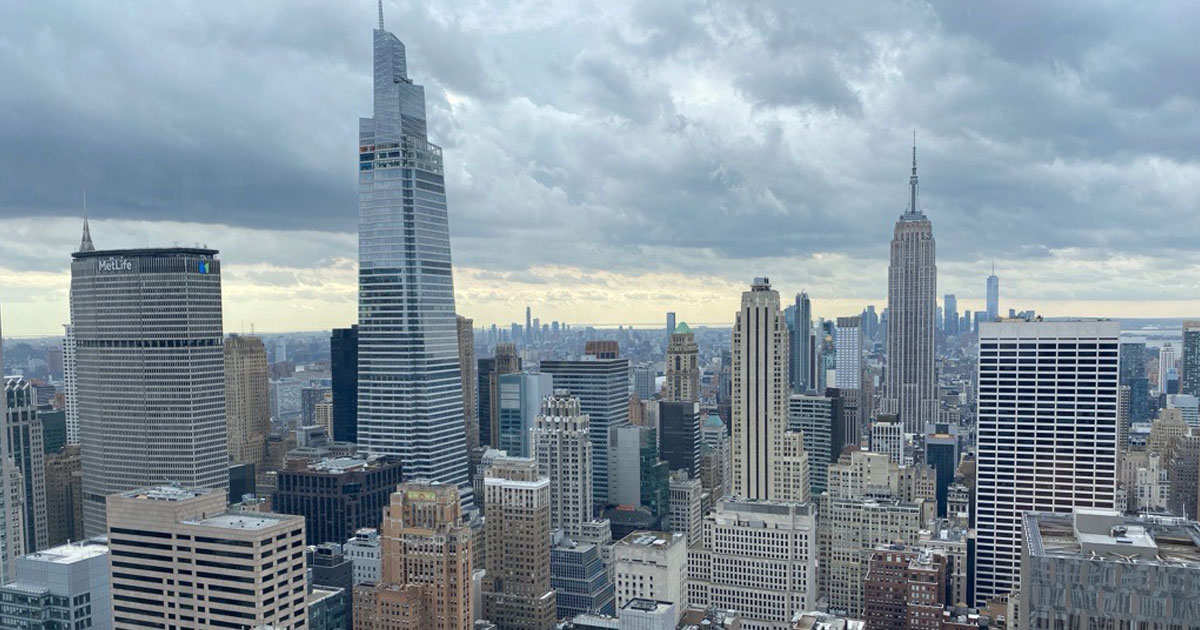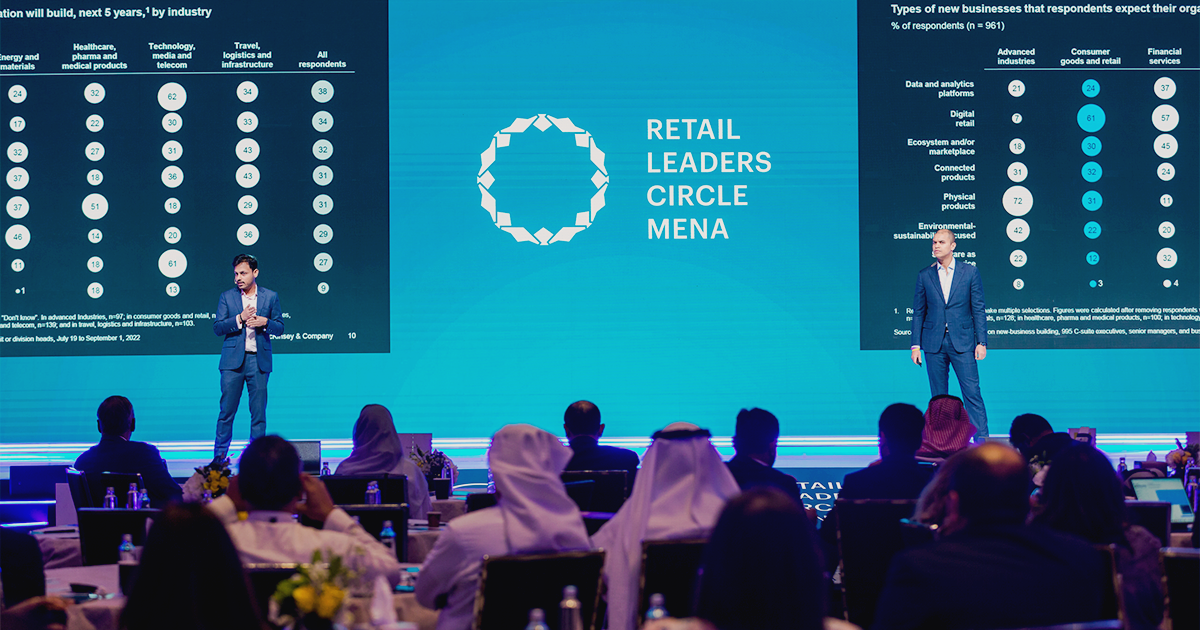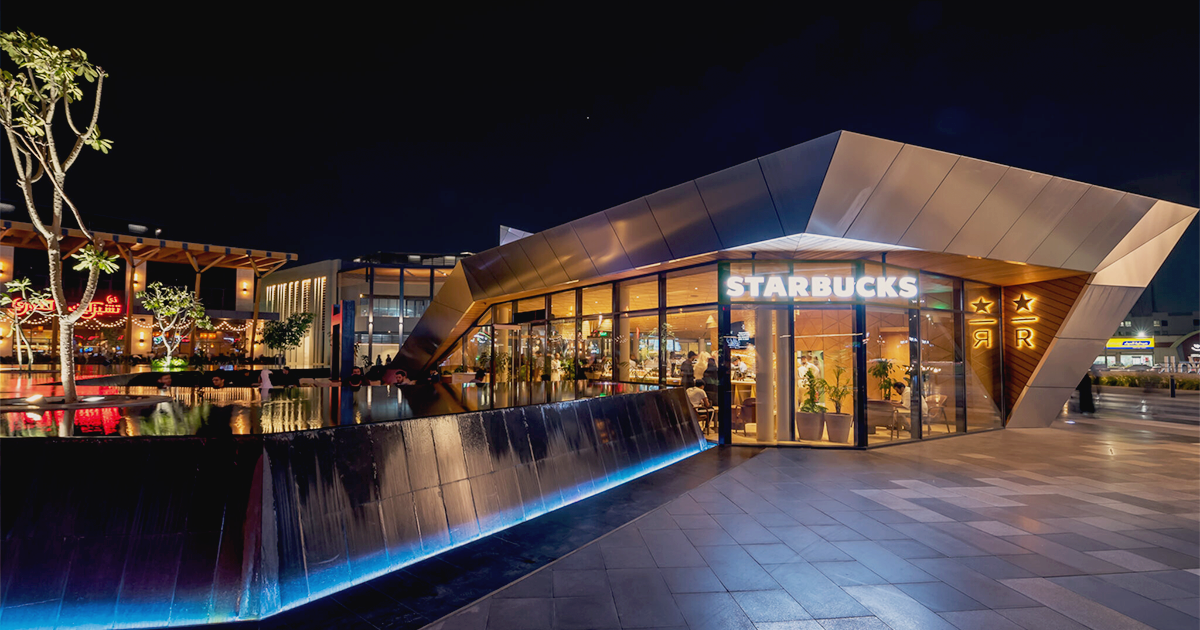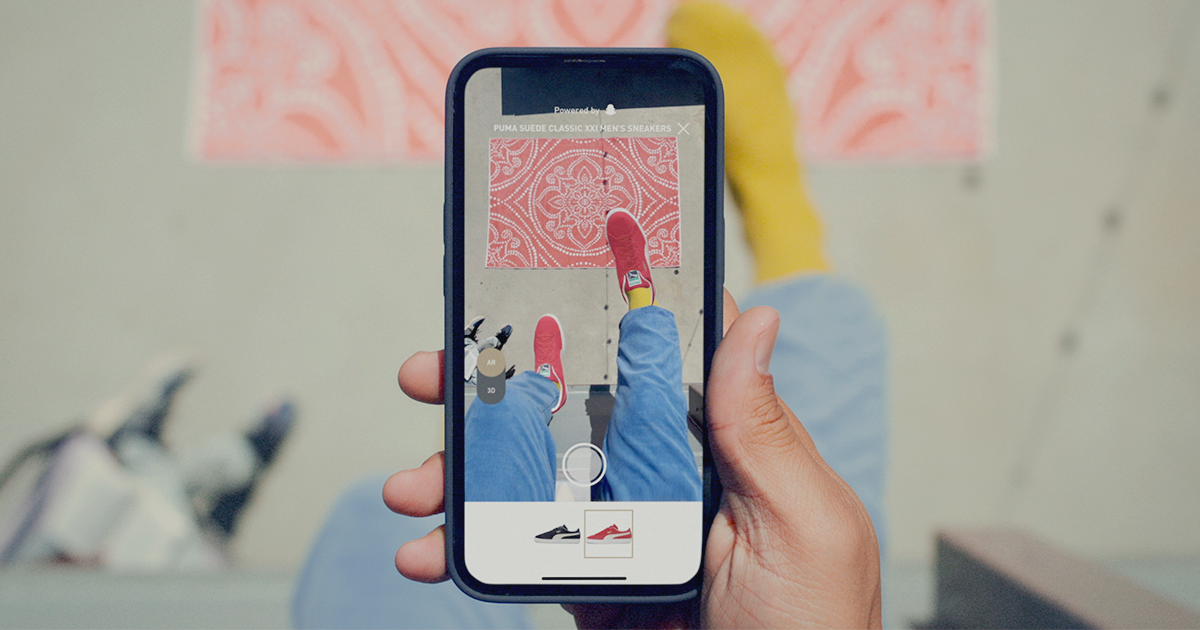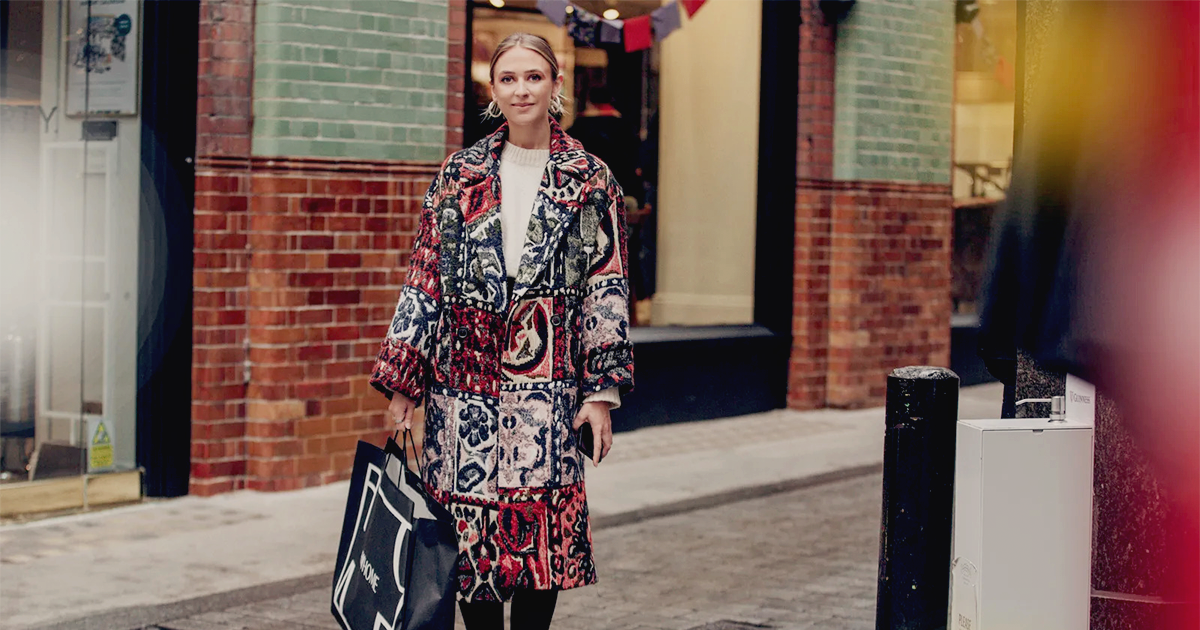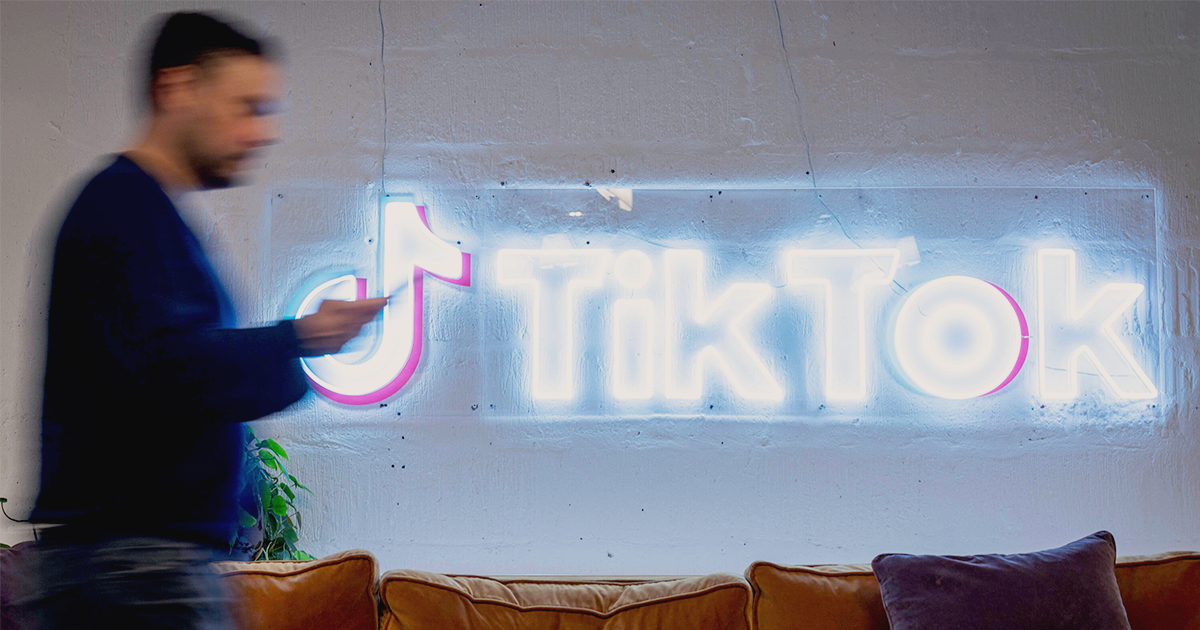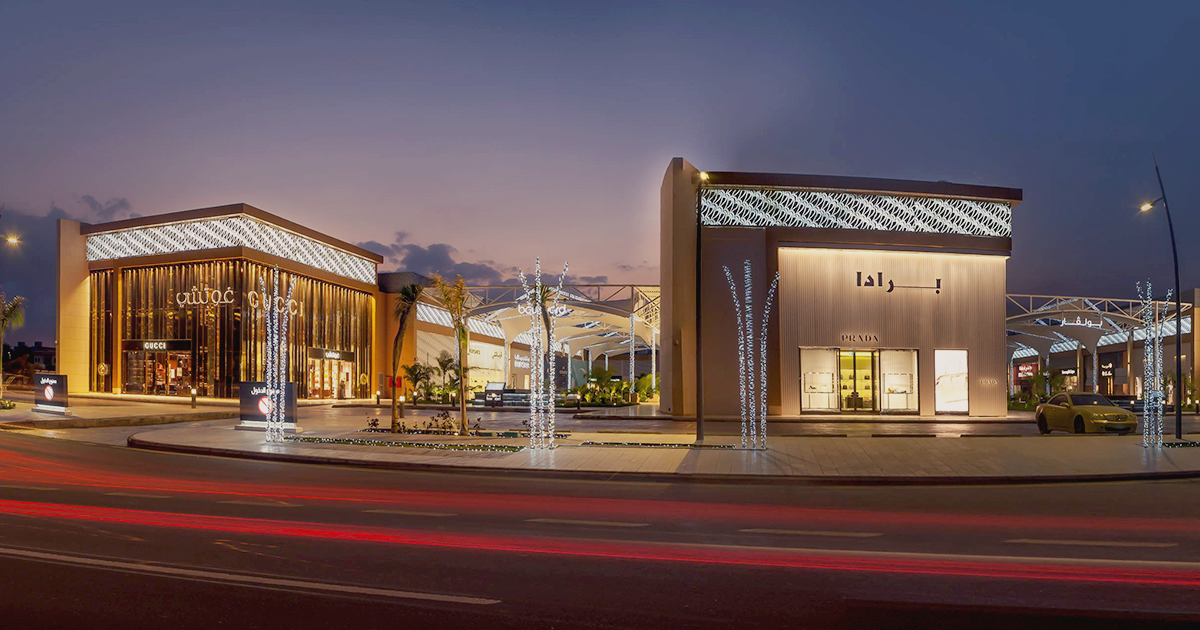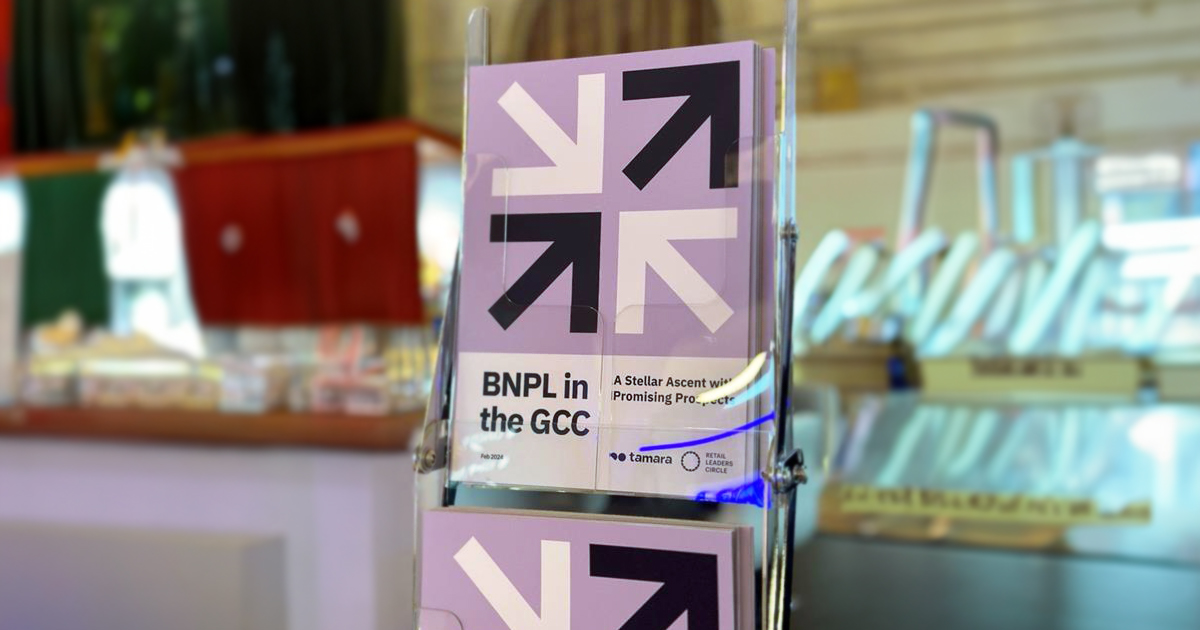
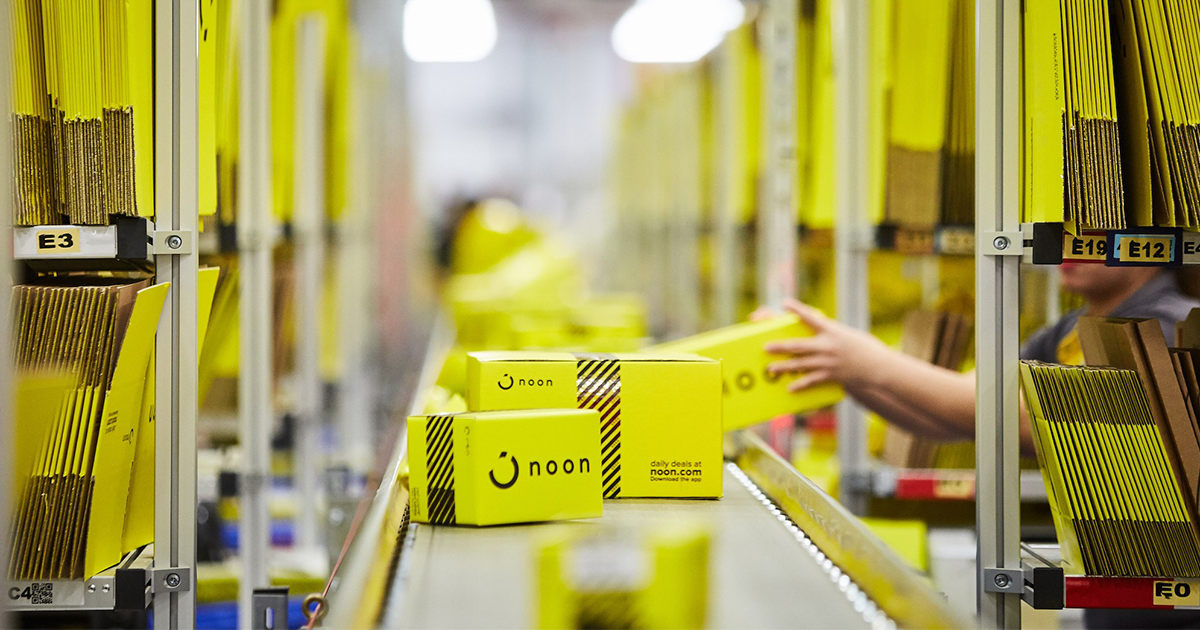
In only five years, noon has emerged as the premier online retailer in the Middle East, a home-grown brand that meets the needs of consumers for convenient access to the products they love. But the growth has not been without challenges. In his discussion with Eithne Treanor, Founder & CEO, E Treanor Media, Faraz Khalid, CEO of noon, reflected on the company’s growth journey and the transformations required to meet its goals.
At the heart of it, noon is an experiment at a gigantic scale. It’s an aggressively ambitious mission to build a local Internet champion that enables retail fundamentally.
noon is grounded in the belief that retail as we know it will fundamentally change. The company’s North Star is South Korea, where e-commerce penetration around 40% of total retail. It’s the most advanced e-commerce market in the world: even grocery shopping has been taken online.
noon built a core e-commerce offer with the foundation to scale it but failed multiple times on the grocery front until they moved to a 15-minute delivery promise. Surprisingly, the 15-minute model is not necessarily as expensive as a typical logistics and supply set up. When an item ships from a warehouse, it has to wait 17 or 18 times before it reaches the customer’s door. The 15-minute model is more like having a valet who goes to a shelf, picks something up and delivers it direct. Above a certain basket size the economics make sense.
The model does create other challenges, however, especially around driver safety and customer interactions. With tens of thousands of rivers on the roads, accident counts inevitably rise. Customers get angry with drivers who call to ask for directions to the delivery point. Delivery drivers are the front line of e-commerce, but they are often ignored. Companies are ramping up capacity, but not investing in the right technology to support both customers and drivers.
noon is seeking to transition to a rider-driver oriented organization. Senior leadership is tasked with doing deliveries every week to experience directly what it’s like to be a driver and to interact directly with customers. This has led to a realization that the company needs to have empathy for both drivers and customers and build technology that supports them. At the same time, the company is calling for regulators to think about delivery drivers, because there is no identifiable scenario in which e-commerce grows without a foundational shift in the way that front line delivery drivers are treated.
For noon, the North Star is very clear. The company just wants to be focused on the fundamentals to deliver the ultimate convenience platform for the region. Nothing fancy, nothing shiny: just making sure that when a customer orders something it can be delivered at the cheapest delivery fee, at the fastest possible time.
 We want to be the engine of efficiency and convenience for our region. We want to
We want to be the engine of efficiency and convenience for our region. We want to
inspire people by what we build and how we build it. And that’s actually super
important for us because we will always be the insurgents.
 We want to be the engine of efficiency and convenience for our region. We want to inspire people by what we build and how we build it. And that’s actually super important for us because we will always be the insurgents.
We want to be the engine of efficiency and convenience for our region. We want to inspire people by what we build and how we build it. And that’s actually super important for us because we will always be the insurgents. 

